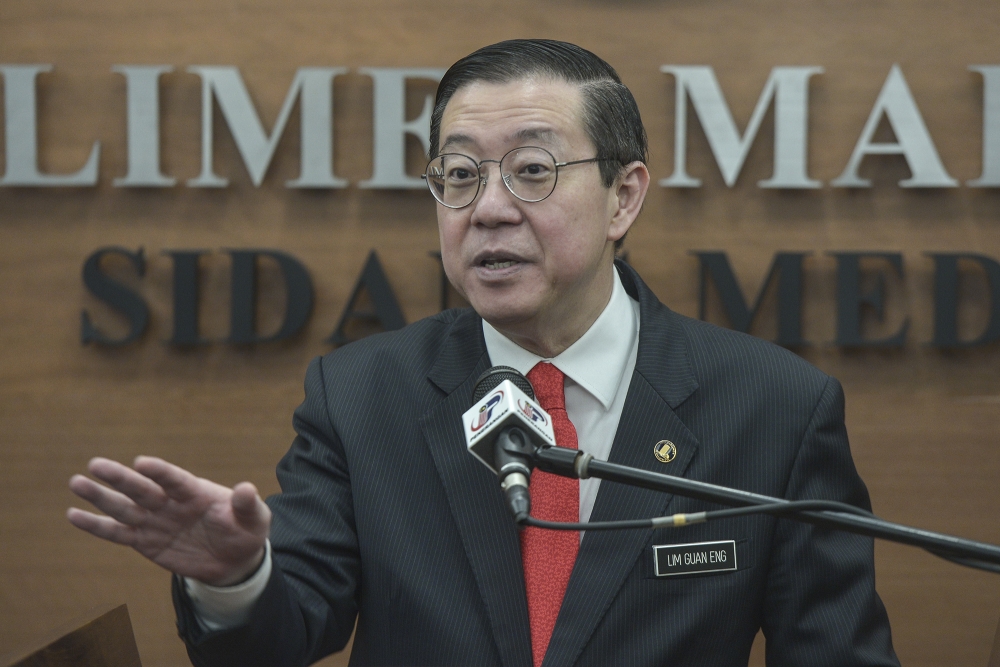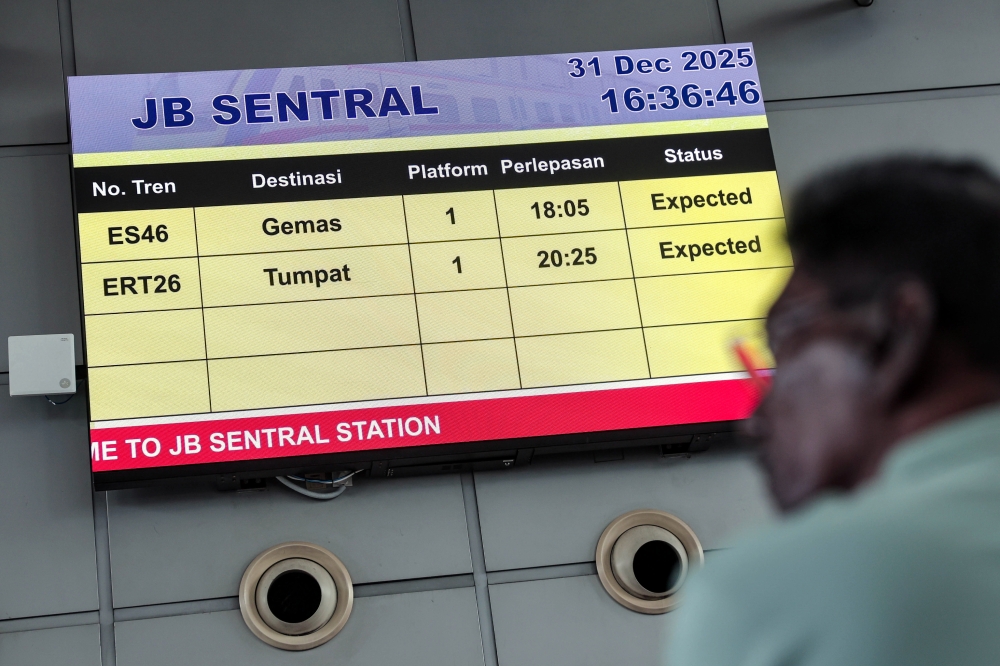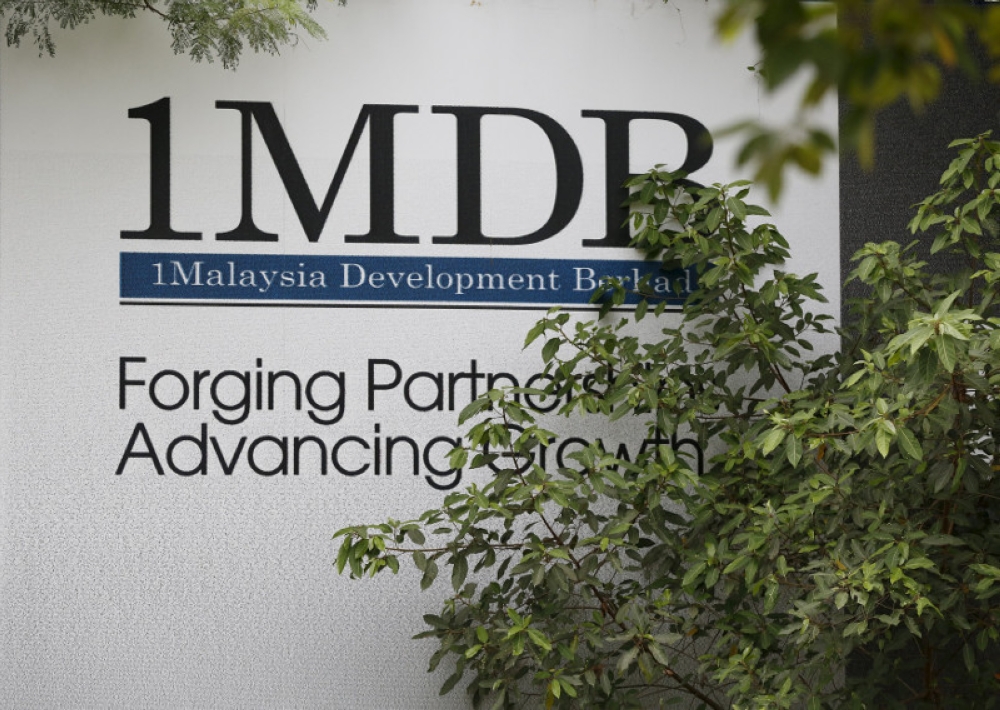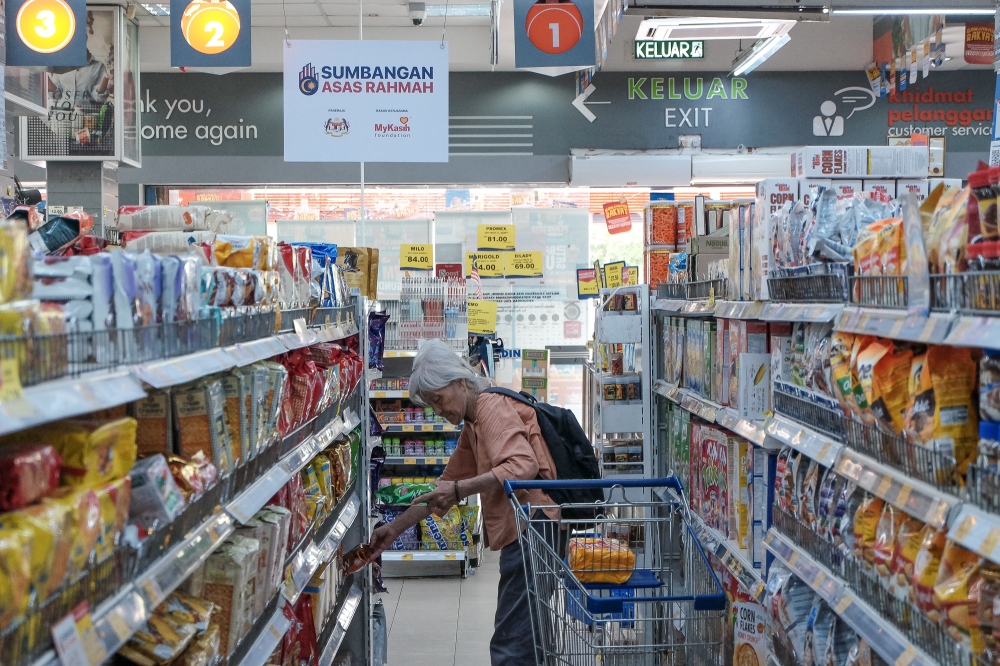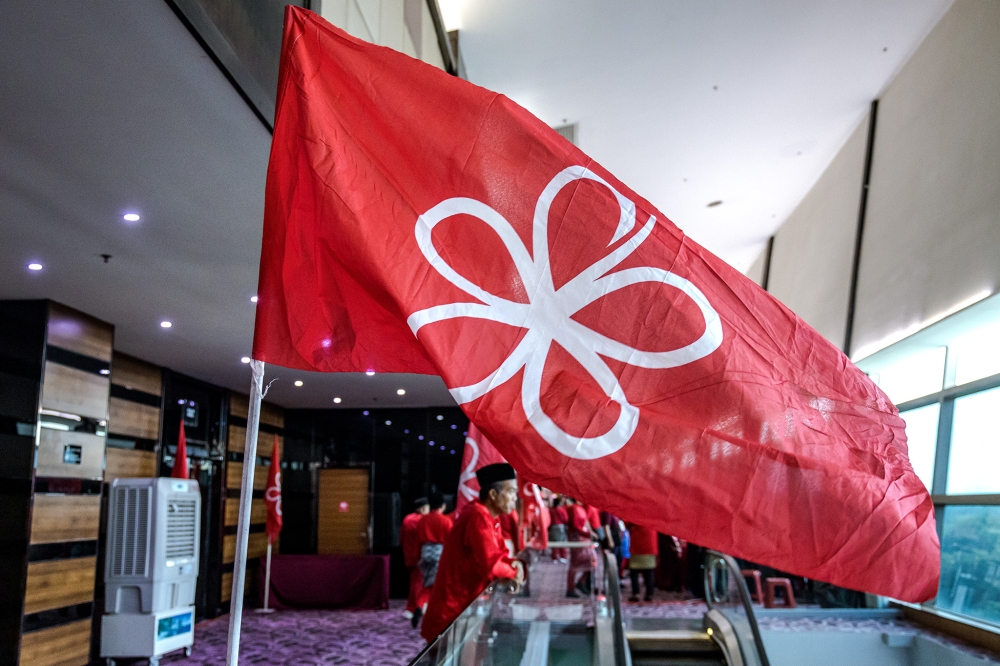OCTOBER 21 — Capitalism is an insidious beast that preys on the vulnerable without remorse. It is an incessantly alienating spectre whose atomising nature serves to segregate the masses into easily oppressed individuals.
Especially in times like this where a global pandemic has impacted capitalistic markets to such a degree, the masses are even more vulnerable as their sources of income are open to being manipulated by investors and big businesses to save their profits.
As such, job security is basically non-existent while a deadly virus reaps lives without mercy. Millions of workers worldwide have either lost their jobs, taken a significant pay cut or have been forced to go on unpaid leave.
The mental strain put on the working class at these times especially is monumental. Many have developed acute mental illnesses and some have even resorted to suicide.
However, we should not mistakenly identify these issues as associated with the Covid-19 pandemic alone. Rather, the virus has exposed the capitalist system for what it is. The coercion to work for basic survival coupled with manipulative practices are the bane of most workers even in normal times.
An example would be the contract work system keeping workers’ wages and benefits low for even permanent work. As such, there must be fundamental shifts in the way we handle and support our people from this time moving forward.
Pemuda Sosialis would like the following steps to be considered:
1) Improve psychiatric and psychotheraputic treatments in the public healthcare system
We must realise that most Malaysians’ access to healthcare through the public system, either government clinics or hospitals. However, these assets often lack equipment and healthcare professionals, especially specialists.
Mental health often is prioritised lower than any other branch of medicine as well, further exacerbating the lack of access.
While affordable psychiatric treatment and medicine is usually available in public hospitals, oftentimes waiting lines are prohibitively long. Psychotherapy, or talk therapy, is often less available, with waiting times even longer.
With this in mind, Pemuda Sosialis would like to suggest government facilities be upgraded to have more psychiatrists and, particularly, psychologists for talk therapy. With these qualified personnel, waiting times may be reduced thus increasing access for most Malaysians.
2) Employers should cover all employees with adequate mental health insurance
As a socialist party, the advocation of the continuation of health insurance might seem strange. However, Pemuda Sosialis views that in the current political climate, a simple and straightforward
solution to drastically improve access to mental healthcare for workers is for all employers to provide adequate health insurance for their employees.
Mental healthcare is usually not covered by many insurance companies in Malaysia and even fewer employers. As mentioned before, the capitalist system is the main reason for the deterioration of mental health in the first place.
Employers, particularly large corporations, are the biggest benefactors of this system in the first place, thus it is only natural that they shoulder this responsibility. To ensure that they do, Pemuda Sosialis would like to suggest the government make it mandatory for all employers to cover both psychiatric and therapeutic treatment for their employees.
3) Plan for the eradication of stigma against seeking mental health treatment
Unfortunately, the Malaysian society is still quite conservative. This brings with it an entrenched stigma against admitting to have mental illnesses and seek help.
While we can see this with religious arguments stating mental illnesses are caused by a lack of faith, patriarchal arguments that paint mental illnesses as signs of weakness are also prevalent. This stigma must be dealt with swiftly and effectively.
For this, Pemuda Sosialis finds the usual television adverts and infographics on social media as inadequate. For one, a deeply entrenched problem such as the stigma against mental health requires close, personal and continued connection to be overcome, especially within rural or poor groups.
Hence, Pemuda Sosialis would like to suggest permanent social workers be employed and specifically be assigned to certain critical areas such as low-cost housing areas to engage with the residents there in a personal manner. The time taken to engage with individuals in this manner can effectively educate the masses on the realities of mental health and eradicate stigma.
Tied to this point is the fact that mental health deterioration is often a result of one’s surroundings, the uncertainty of survival due to poverty being one of the main ones. Social workers should be mobilised to tackle poverty in a multidimensional manner as a step to prevent the further deterioration of mental health among these communities.
* Arveent Kathirtchelvan is head of Science and Technology bureau, Pemuda Sosialis, Parti Sosialis Malaysia.
** This is the personal opinion of the writer(s) or organisation(s) and does not necessarily represent the views of Malay Mail.














